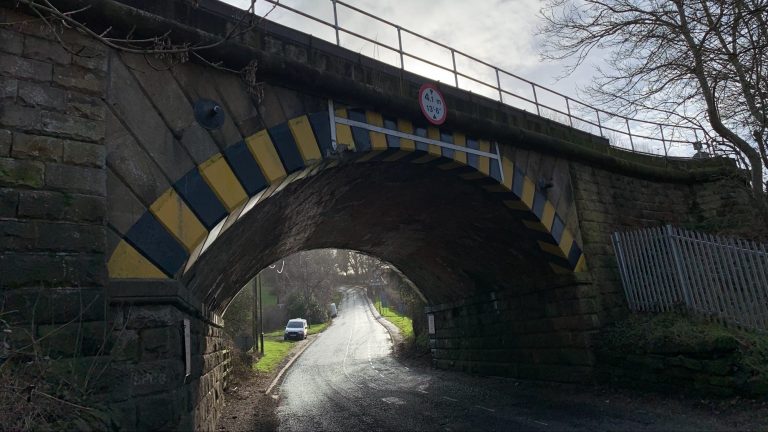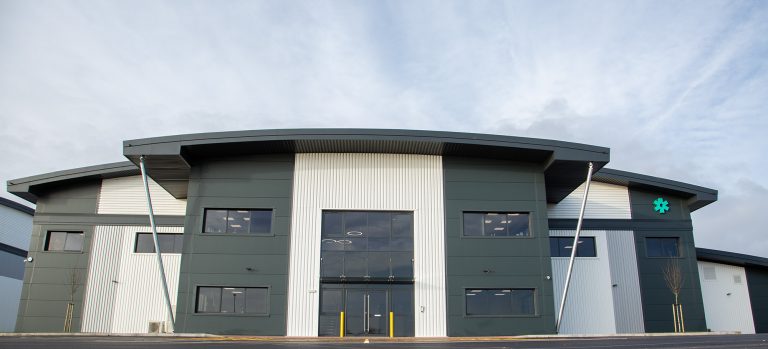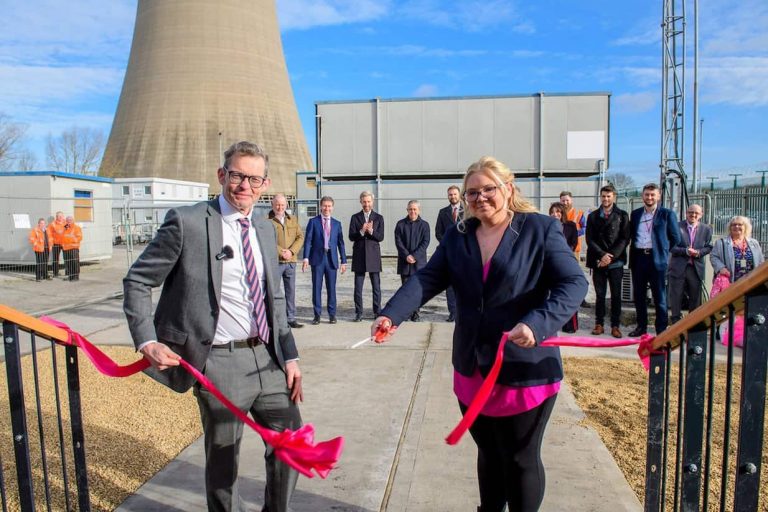Ian Mattioli MBE, Chief Executive Officer, said: “The first six months of this financial year saw the Group deliver improved organic growth despite the complex macroeconomic backdrop that persisted throughout the period.
“Our priority remains the delivery of profitable organic growth and we are pleased to report further progress towards our medium-term strategic goals, with revenue of £59.1m up 8% on the equivalent period last year (1H23: £54.9m) driven by positive performance across our pensions advice and administration, employee benefits and investment management operating segments.
“The success of our new business initiatives, combined with our expanding product range and the strength of existing client referrals resulted in organic revenue growth of 4% despite a 0.4% reduction in the value of total client assets to £15.2bn.
“The Group’s improved organic growth resulted from a combination of clients’ demand for advice and proactive communication by advisers, with a 13% increase in the value of new clients on boarded in the first half versus the equivalent period last year.
“The Group’s strong, integrated business model facilitates multiple engagement points in providing a holistic service to our clients and to generate multiple revenue streams to facilitate future revenue growth.
“The combination of improved organic growth, positive contributions from recent acquisitions and continued cost management delivered 10% growth in adjusted EBITDA to £16.5m (1H23: £15.0m).
“Profit before tax was up 60% to £7.6m (1H23: £4.8m), in part due to reduced deferred consideration payments recognised as remuneration expense under IFRS 3 of £2.5m (1H23: £3.9m) and lower acquisition-related costs of £0.3m (1H23: £0.5m), while adjusted profit before tax was up 15% to £15.6m (1H23: £13.5m) after adding back acquisition-related costs, platform project costs, deferred consideration recognised as an expense and amortisation of acquired intangible assets of £4.2m (1H23: £3.9m).
“We believe the benefits of operating a responsibly integrated business allows us to secure great client outcomes while delivering strong, sustainable shareholder returns over the long term. The Board remains committed to a progressive dividend, while maintaining an appropriate level of dividend cover. Accordingly, the Board is pleased to announce an interim dividend of 9.0p per share (1H23: 8.8p) up 2.3%, demonstrating our desire to deliver value to shareholders.
“The first half of the financial year has seen the Group deliver a resilient trading performance against a complex macroeconomic backdrop. We plan to build on this position, advancing our key strategic initiatives: new business generation, investing in our adviser academy training programmes, developing our investment proposition, developing new products and services, reviewing our processes, and investing in technology to deliver operational efficiencies and growth through the integration of strategic acquisitions.
“Our trading outlook for the year remains in line with management’s expectations and we believe the Group remains well-positioned to take advantage of the growth opportunities in the UK wealth market and deliver sustainable returns for our stakeholders.”












